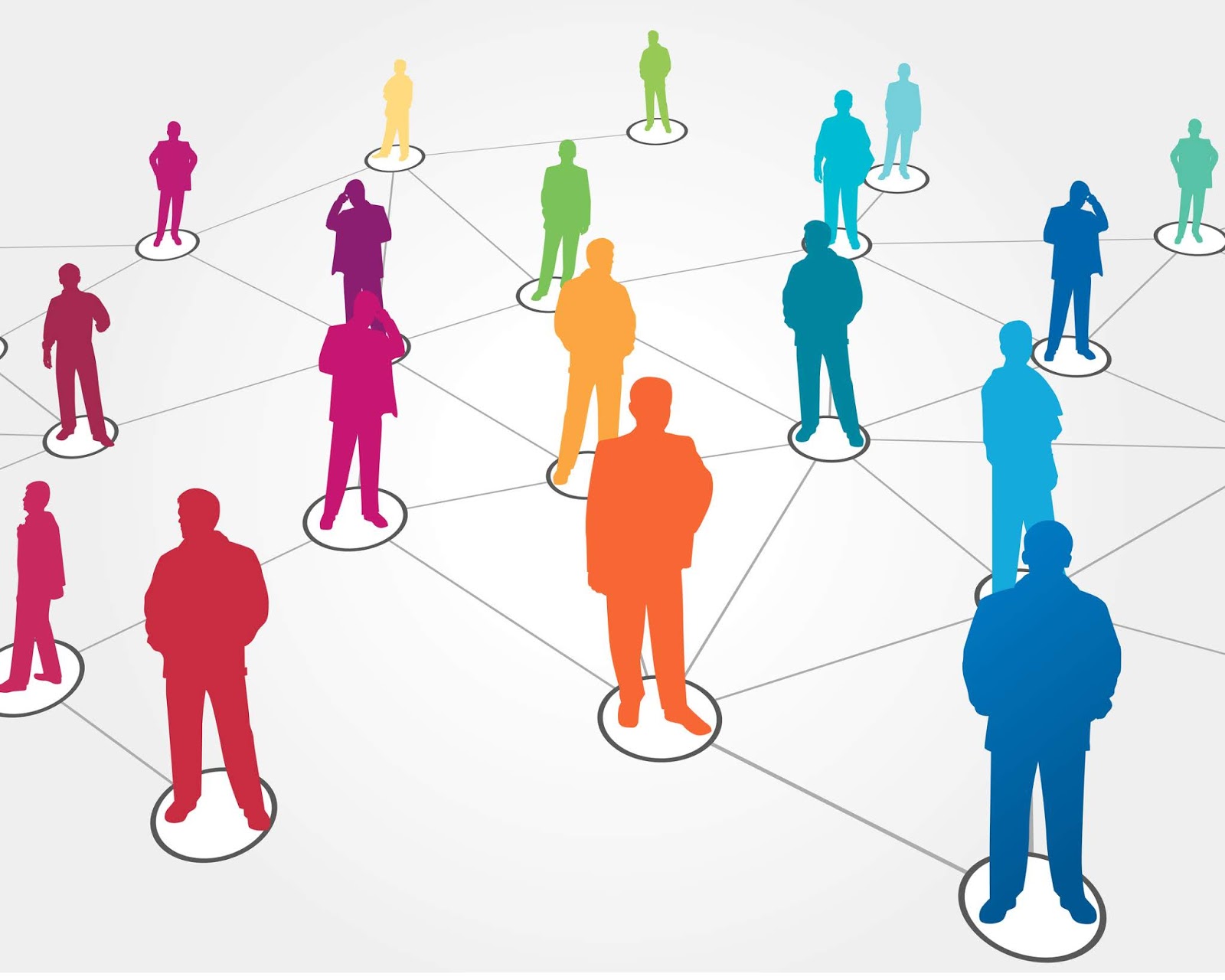 Role of a nurse in epidemiology can be explained in 4 aspects. These are:
Role of a nurse in epidemiology can be explained in 4 aspects. These are:- Preventive role
- Promotive role
- Curative role
- Rehabilitative role
- Epidemiology is one of the basic sciences applicable to nursing. The nurses working in a community deal with people in various settings and help them solve their health problems. They make the nursing process. They identify and investigate the problem, formulate and test the hypothesis regarding the causal factors, formulate alternative interventions and implement to prevent and control the problem and evaluate effectiveness of intervention.
- They have an active role in the prevention and control of communicable diseases which include:
- Health education of people in general.
- Having an important role in the prevention and control of chronic and noninfectious problems, such as cardiovascular conditions, accident, cancer, etc.
- Notification of certain diseases like measles, diphtheria, tetanus, etc. to health authority.
- They can also teach and supervise other workers in surveillance activities.
- Using knowledge of epidemiology, the community health nurses can set priorities for health programs according to the immediate health needs.
- Using knowledge of epidemiology, they establish the health resources more effectively, by giving more emphasis to urgent health problems needing attention.
- Plan the strategies to meet the new health needs. Nurses in the community as a member to health team participate in surveillance at all levels, which will depend on the existing situation, their preparation, and the level at which they work.
- They may deal with the problem independently, especially when these are the nursing problems, minor ailments or simply health conditions and they are only the health workers in a healthcare setting.
- They may participate as them members, especially when it is large scale investigation, e.g. occurrence of any epidemic.
- They may participate in data collection, data analysis, planning, implementation and evaluation.
- They may early diagnosis and treatment.
- They traces the contacts and keep them under surveillance.
- They identify sources of infection and methods of spread of infection.
- They evaluate the effectiveness of measures used to control specific disease or disorder.
- They can help people in the restoration of family and social life.
- They can also play a role in psychological rehabilitation by helping in restoring personal dignity and confidence of a person.













2 comments:
Quality information excellent but only lacking reference
Best information
Post a Comment